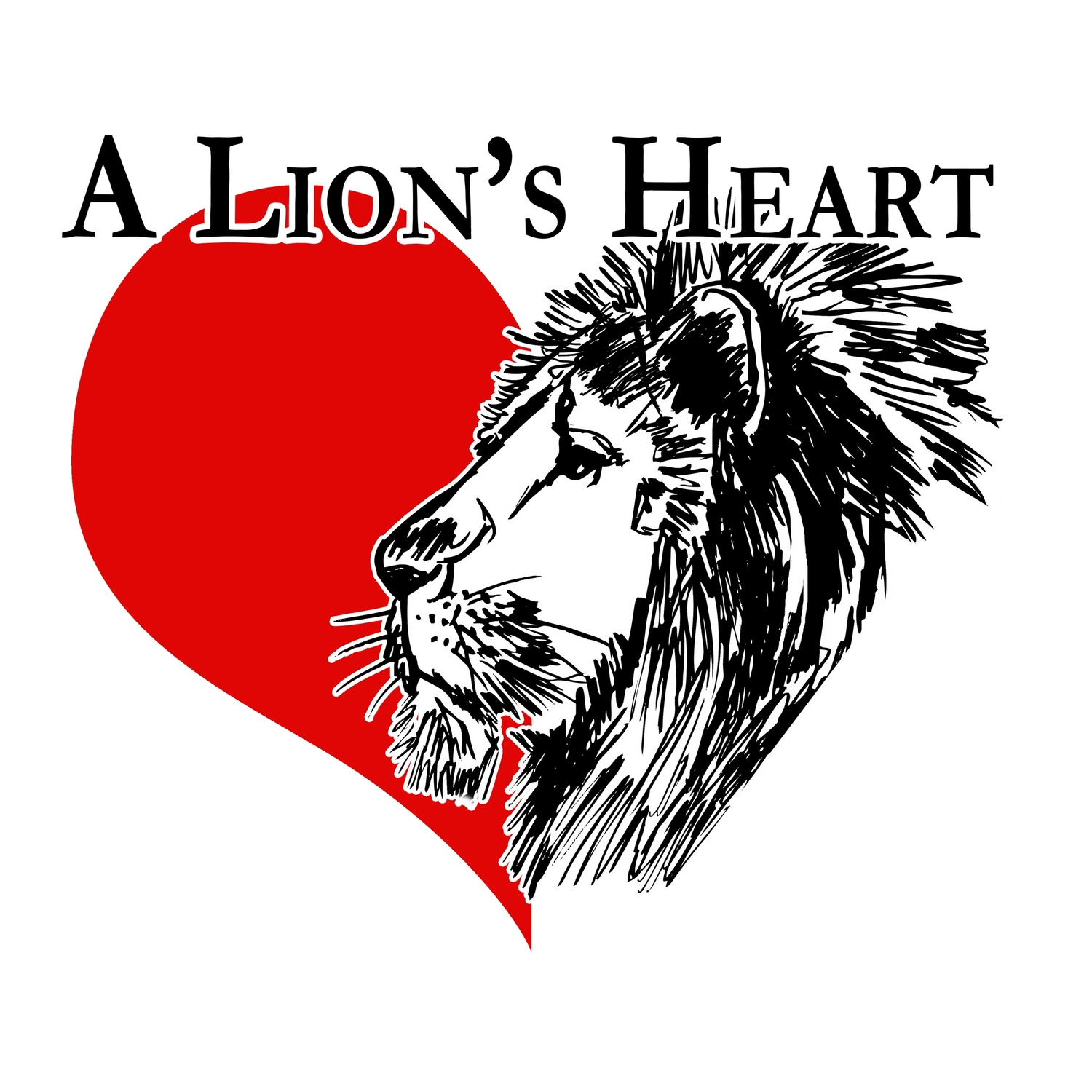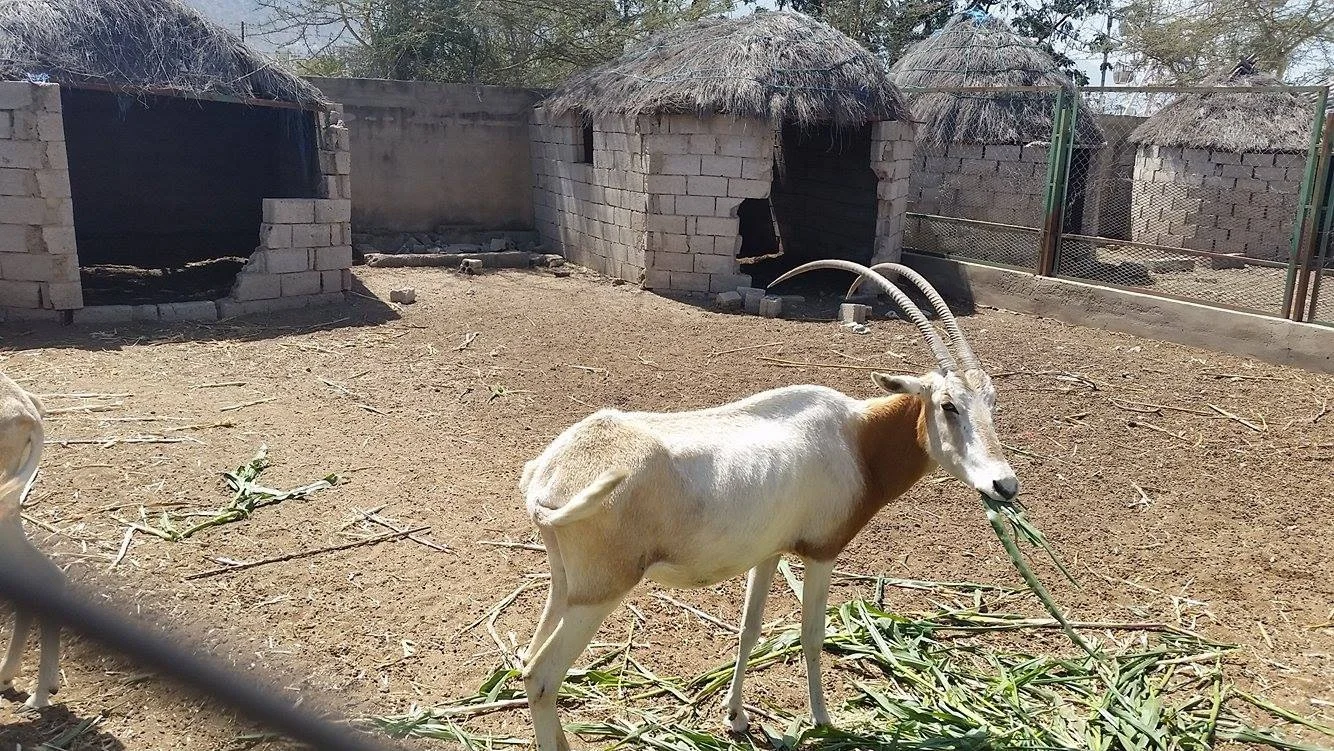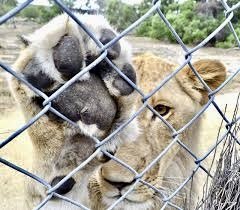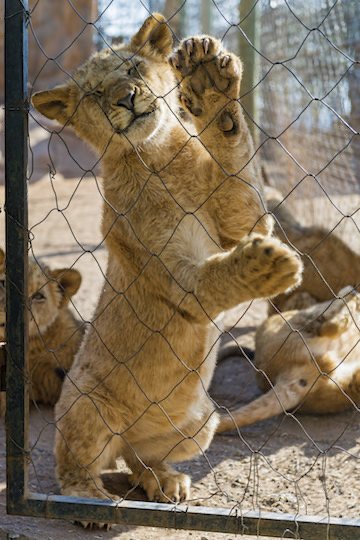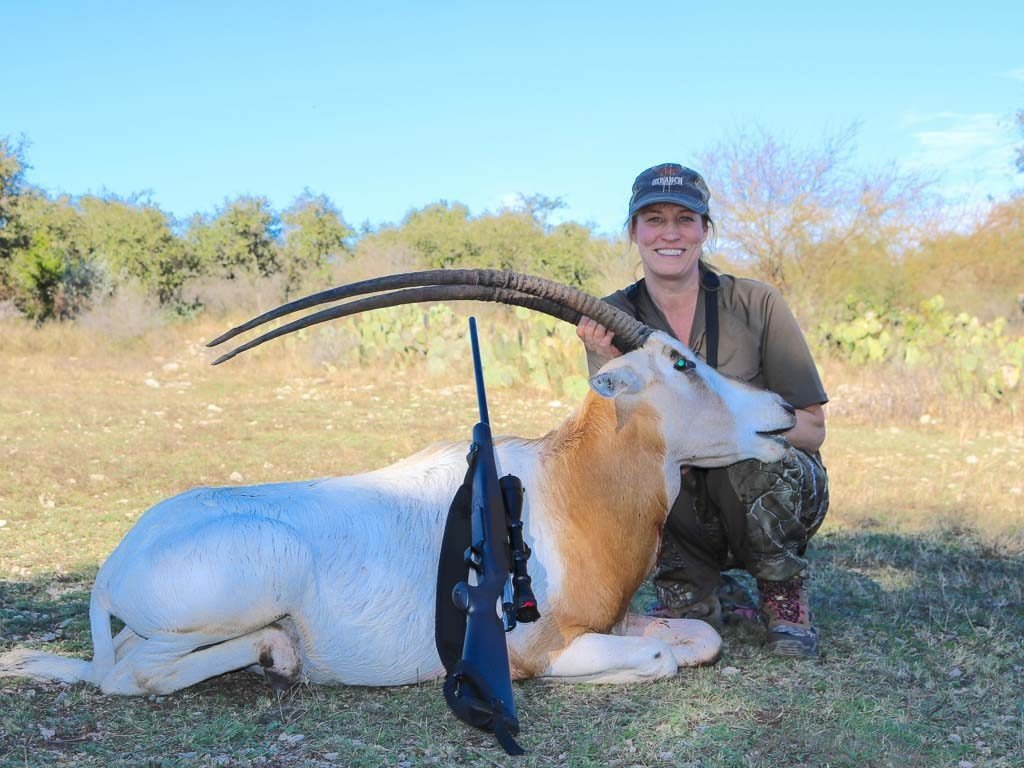Project Proposals
Currently, we are setting up fundraising to acquire protected lands for endangered species. From this land acquisition, we will set up monitoring, radio collars, microchips, and a team of biologist and rangers to monitor each endangered animal for health, movement, and protection. We will also set up programs for education and for human/wildlife conflict. The people and community are vital for success.
Wildlife Rehabilitation and sanctuary
We will be fundraising for a wildlife rehabilitation center and sanctuary. Unfortunately, there is a huge need for these facilities. Although, rehabilitation locally has increased to daily calls in the spring and summer. Here are a few we took in this year to foster and release. Due to the need of both here and abroad, we would like to expand and have a natural facility for those that cannot be released and a rehab for all that can be released. Our goal will be $250,000 USD. It will be used to expand property, build a quarantine facility and treatment area, fencing, and shelter.
Ending canned hunts in the united states
and Providing More protections to exotic animals
What is canned hunting? A canned hunt is a trophy hunt which is not "fair chase", typically by having game animals kept in a confined area such as in a fenced ranch (i.e. "canned") to prevent the animals' escape and make tracking easier for the hunter, in order to increase the likelihood of the hunter obtaining a kill. The term has been used for driven grouse shooting, in which large areas of Britain are farmed for red grouse. According to WordNet, a canned hunt is a "hunt for animals that have been raised on game ranches until they are mature enough to be killed for trophy collections." Canned hunts leave the animal no chance to escape and there is no skill or fair chase. Most animals were hand reared and are habituated to humans and human contact. Another term for this type of this no skill butchery is trophy vanity killing.
It is estimated that there are about 1,000 canned hunt ranches in operation in the United States and more than half are in the state of Texas. Endangered species are protected by the Endangered Species Act but captive raised and on a canned ranches are issued permits to be killed. Which hurts the efforts to protect and preserve endangered species on the brink. It also provides a market that should not be there. It is critical to save these species and not put a price on their head.
PAST PROJECT PROPOSAL
A Lion’s Heart Rescue and Conserve Mission Taiz Zoo
A Lions’s Heart is the only approved non profit to provide for the souls at the Taiz Zoo.
An American 501(c)(3) Charity providing since 2016
Background:
Yemen has been locked in a bloody civil war with great human costs and suffering. The one thing that most humanitarian organizations have ignored is the great costs to the animals of Yemen. With no animal organization currently willing to provide support for these embattled war torn animals, A Lion’s Heart could not and cannot look away from the intense animal suffering. Which was especially apparent in the many starving animals located in Taiz Zoological Gardens. A Lion’s Heart feels it is a moral obligation to care for and to ensure a future for these precious animals.
Phase One:
A Lion’s Heart is to launch an international internet fundraising campaign to gain support for the zoo and its animals. A Lion’s Heart will, also, launch contacts and attempt to garner support from local Yemen based NGOs and other International NGOs to ensure a support network and secure long term funding for Taiz Zoological Gardens. A Lion’s Heart will be open to suggestions from its partners and donors. A Lion’s Heart will keep regular updates on the zoo’s progress for both donors and supportive INGOs and local NGOs by providing regular blog posts, updated Facebook posts, and monthly newsletters. Because A Lion’s Heart is a registered 501(c)(3), all money and support will be transparent with detailed records that are available to anyone on request. A Lion’s Heart will, also, exercise diplomatic relations with both local and national government to ensure continued progress for the zoo and its residents. A Lion’s Heart believes it is essential to maintain good relations with all interested parties.
Phase Two:
A Lion’s Heart plans to implement a new weekly budget for the zoo. Previously, the zoo has existed on $3,300 USD per week (SOS Zoo and Bear Rescue) plus $200 USD per day from Taiz’s Cleaning and Improvement Fund. A Lion’s Heart feels that this current budget is just the bare bones minimum, which has had an effect on slower recovery rates for the zoo and its animals. A Lion’s Heart proposes an optimized budget to increase food, water, and care for more positive results in the zoo animals’ recovery. The proposed budget is approximately $3,900 per week. Which increases the current budget. The budget includes increases for all animals in food, water, and securing critical medical supplies for the monthly needs of the animals at the zoo.
Long term we wish to increase worker pay. We believe the increases are vital for boosting worker moral and in aiding the zoo’s recovery.
(See Attached Proposed Spread Sheet Budget and Monthly Medical Needs)
Phase Three:
A Lion’s Heart has and will provide all cement bound animals with platforms. The platforms elevate the animals off the damaging cement floor. Which causes open sores, stress, and edema. They, also, increase air circulation. Which helps in both healing and recovery time for the affected animal.
Phase Four:
A Lion’s Heart is dedicated to providing all the zoo animals with enrichments. Enrichments are used to combat the effects often associated with captivity called zoochosis. Zoochosis is defined as a term used to refer to a range of psychological problems associated with animals kept in prolonged captivity. It often presents itself in stereotypical repetitive behaviors and self-injury. A Lion’s Heart will look at each species requirements individually and research and implement the best available enrichments for that species in order to combat and prevent psychological decay. A Lion’s Heart believes that psychological support will, also, help in the physical recovery of these animals.
Examples of enrichments include tree limbs, climbing ropes, footballs, melons, metal tubes, pools, and food enrichments. Which will all promote engagement, hunting instincts, and will provide mental challenges. A Lion’s Heart was, also, made aware of a more natural and sanctuary like enclosure at the zoo. (See attached video of the enclosure.) In order to provide both mental and physical simulation and because there is just one of this type enclosure. It has been both suggested and accepted to put the animals on a rotation schedule of two weeks in the usage of this enclosure. This will give all animals a chance to experience a sanctuary type environment and the freedom and the chance to use natural behaviors that type of environment provides. However, due to age, health, and stress, we have determined this rotation schedule to be not in all the animal’s best interest. Therefore, we would like to repair or build more natural permanent enclosures for all of the animals currently located in outdated cement cells.
Phase Five:
Due to the ongoing conflict, a regular vaccination schedule has ended for the zoo’s animals. The previous organization responsible for suppyling the vaccinations, ear tags, and microchips to the zoo was the Department of Agriculture located in Taiz. Unfortunately, the Department of Agriculture has been closed for years due to the civil war. So, A Lion’s Heart will work to replace the missing Department of Agriculture’s supplies and work to begin the required vaccinations and blood tests for all of the zoo’s animals. This may require going to outside credible sources to obtain the critical supplies. As large quantities are needed to protect all the zoo’s animals. This will both help the animals and protect public safety from any possible transference of avoidable zoonotic diseases.
Phase Six:
A Lion’s Heart hopes to implement a birth control program. As many of Taiz’s zoo animals are still in recovery from the previous starvation and its effects. Now, while permanent sterilization may be considered for some species. It is often difficult and risky for larger animals. Also, permanent sterilization is just that and takes that animal permanently out of the breeding population, which for smaller common animals is a definite consideration. However, in larger animals, it is a trauma that most US zoos and sanctuaries try to avoid. They instead use medications that give control over breeding. Which has been proven to be the safest method and can be reversed for any planned breedings. This is especially useful in threatened and endangered species because it does not cause permanent loss to that animal’s value as a possible contributor to its species survival. Here is a great link to the explanation of these methods. http://digitalcommons.unl.edu/cgi/viewcontent.cgi?article=1001&context=nwrccontraception
Phase Seven:
A Lion’s Heart hopes to reconstruct and redesign the outdated, previous condemned, obsolete structures and enclosures in Taiz zoo. We want to turn the zoo into a modern state of the art zoo that is eco-friendly and sustainable. Thus, providing Taiz’s animals with enclosures that mimic their natural environments. A Lion’s Heart will be taking a page from the design plans of the many world recognized sanctuaries. Using certified architects, and the land that is already available in Taiz zoo. Taiz zoo can and will become both a jewel and a template for other dilapidated and obsolete zoos to follow. A Lion’s Heart, also, hopes to provide parts of the zoo with electricity. This is especially needed for the veterinarian’s office. As many antibiotics are perishable if not refrigerated and stored correctly after being opened and suspended for use. This causes unnecessary waste of much needed medications. It would also eliminate the need of renting outside equipment that is gas or oil powered in order to complete maintenance and projects requiring construction. Our hope is to create a zoo that the people of Taiz and of Yemen will be proud of and will take pride in.
Phase Eight:
A Lion’s Heart wishes to provide the zoo workers with educational training in proper handling techniques and current animal husbandry knowledge and skills pertaining to all of the zoo’s resident species. This will both help the animals in terms of their care and will empower the zoo’s staff by providing knowledge and proper handling techniques to increase the zoo’s safety for both the people and animals of the zoo. A Lion’s Heart believes that either a local animal NGO or a biological department at one of Yemen’s prestigious universities could help with the design and educational knowledge for this important and needed training. Any local animal NGO or university biological department that wishes to step up to provide a curriculum for proper training, A Lion’s Heart will support their time and effort. For we believe proper training and knowledge is critical to the overall health of the zoo. The zoo workers will, also, be able to take that gained knowledge and not only be able to apply it to every day handling and practices at the zoo but will, also, be able to educate the public on the biological importance of these animals.
Phase Nine:
A Lion’s Heart wishes to implement a field study project involving Taiz’s lions. Historical data indicates that Taiz’s lions are the now believed to be either the extinct Barbary lions or the decedents of the famed Barbary lions. This knowledge makes them extremely important in terms of their existence and in their biological importance in what they could add to the continuance of the famed and believed extinct species. Currently, after testing, biologist and breeding programs are using close descendants to resurrect the closest matches to the Barbary lions in an attempt to bring them back. The researcher currently still actively involved in finding and bringing these valuable animals back is Dr. Simon Black at Kent University located in the United Kingdom. A Lion’s Heart wishes to take DNA samples from Taiz’s lions to send off and help establish proof of the Barbary lineage by sending the samples to Dr. Simon Black for comparison. A Lion’s Heart believes that with this DNA proof, it will gain world support for the continuance and protection of these valuable animals.
Phase Ten:
Taiz Zoological Gardens is home to several threatened, endangered, and critically endangered species. Whose status was determined by CITES and the IUCN both are the leading world organizations in the determination and protection of a species vulnerability. None of which are more critical and slotted for extinction in both the wild and in captive populations than the Arabian leopard, Panthera pardus nimr, a valuable subspecies and unique leopard indigenous to the Arabian Peninsula and throughout parts of the Middle East. The Arabian leopard is, also, Yemen’s official animal. So, it would a tragedy to not to protect and ensure their continued survival in the future. A Lion’s Heart proposes to set up and implement a conservation program in Yemen. First suggested by Dr. Khalid Alwaqa for Sana’a Zoo, in which a breeding program would be implemented with the captive bred progeny prepared for a return to the wilds of Yemen. The Bura Protected Area was suggested by Dr. Khalid Alwaqa for any possible releases. This conservation plan will ensure a wild population’s existence in Yemen, if successful. To ensure success, A Lion’s Heart would like to call on The Foundation of Endangered Wildlife in Yemen for their expertise and guidance in providing further protection and monitoring of this proposed program, A Lion’s Heart will provide essential equipment for the monitoring of any released Arabian leopards with radio collars and tracking equipment that will provide tracking information of movements of released leopards. The collars are designed to provide movement data and are equipped with kill switches. The kill switches go off if the animal stops moving or if the collar is attempted to be removed by unauthorized individuals. The collars immediately give data on the animal’s exact location. This information will allow all authorized personnel to immediately locate the kill switch animal and determine what happened to it. For any dead leopards found, an autopsy is recommended to determine the cause of death from either natural causes or from more unscrupulous reasons such as from illegal poachers. A Lion’s Heart, also, would like to help government agencies and local animal NGOs launch a campaign to educate the public on the vital importance of these biologically precious animals to gain country wide support for their conservation.
A Lion’s Heart would, also, like to promote genetic exchange between all of Yemen’s zoos (Taiz, Ibb, and Sana’a) and possibly outside sources to ensure healthy, genetically diverse populations in all the zoos’ animals. This is especially important for the rest of the threatened and endangered species that reside in Yemen’s zoos.
Phase Eleven:
A Lion’s Heart would like to explore long term solutions in providing for and caring for the Taiz zoo animals. Unfortunately, our support is not feasible for infinity. Our support is, also, dependent on individual donations and contributions, support from local NGOs, Yemen government officials, and other international NGOs. So, it is imperative that permanent solutions support be found. A Lion’s Heart is open to any and all suggestions including exporting some of Taiz’s animals to approved world renowned sanctuaries. The ideal, of course, is for all proposed phases be implemented, with a peace deal reached government and patron support returned to normal to place the zoo back in a good position to self-support itself. We find a new modern sanctuary type environment to be ideal with an education center for both children and adults. We want Taiz Zoological Gardens to be a template and a jewel to all the people of Yemen.
*Monthly medical needs and A lion's heart finalized budget of $3,900 usd a week is available on request. Please contact A lion's heart for the further details at contact@alionsheart.org
